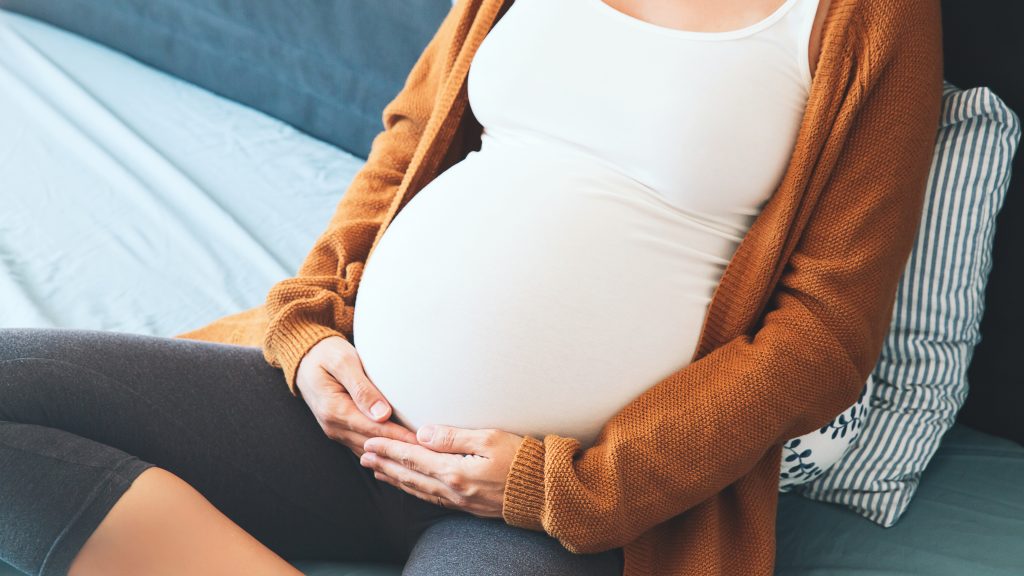-
Featured News
Women’s Wellness: Vaccinations important for pregnant women

Vaccines have received a lot of news attention lately. And while vaccinations are most often thought of as a childhood rite of passage, adults need immunizations to remain healthy, too.
While the Centers for Disease Control and Prevention (CDC) recently simplified the adult immunization schedule, questions about vaccines remain, especially from new moms and mothers-to-be.
Mayo Clinic family medicine physician Dr. Tina Ardon shares some of the top questions she receives in this area in this Q&A:
Q. What vaccines are important for a woman to get or make sure she's up to date with while pregnant or prior to becoming pregnant?
A. Prior to pregnancy, women should know about their varicella or "chickenpox" status, as well as rubella. Rubella infection during pregnancy can lead to serious complications or outcomes, such as miscarriage, birth defects or fetal demise.
Both the varicella vaccine and the vaccine typically given for rubella are live vaccines, so these should be received prior to pregnancy. Women should avoid getting pregnant for at least one month after receiving these vaccines.
During pregnancy, women should receive a tetanus vaccine; reduced diphtheria toxoid; and a tetanus, diphtheria and pertussis (Tdap) booster which is given during the third trimester. No matter when a woman last received a Tdap booster, she should receive it again with each subsequent pregnancy. One of the benefits of the vaccine is that it will create a maternal antibody response and allow passive antibodies to be passed along to the baby for increased protection against pertussis. Additionally, any woman who is pregnant during flu season should receive a flu vaccine.
Q. Measles has been at the center of much debate lately. Is it important for a woman of childbearing age to know their immunity to measles, or should she be vaccinated again?
A. Even if they have been vaccinated years ago, most people will have immunity. Since the vaccine for measles is a live vaccine, it is not something we recommend for pregnant women. That said, rubella, which is given in conjunction with the measles and mumps vaccine, is something we specifically test for during pregnancy given the risk for birth defects. Thus, we would rather err on the side of caution with keeping mother and baby safe.
Q. If a mother gets measles while pregnant, can she pass it to her child?
A. There is no concern that a baby will have congenital defects if exposed to measles while in utero. However, there are increased risks for premature labor, miscarriage and low-birth-weight infants. There is also concern for perinatal infection in a fetus if its mother contracts measles during the third trimester.
Q. If a mother gets any vaccine while pregnant, what is the risk to the child?
A. There is really only theoretical risk when getting vaccines during pregnancy. The CDC says, "The benefits of vaccinating pregnant women usually outweigh potential risks when the likelihood of disease exposure is high, when infection would pose a risk to the mother or fetus, and when the vaccine is unlikely to cause harm."
Q. Are there any other tips for men and women?
A. It is important for both men and women to discuss their need for vaccines and updated immunizations annually. For adults, depending on age and time of year, routine vaccinations may include influenza, tetanus without or with a pertussis booster (TD or TDaP), pneumonia vaccines (there are two that cover different set of strains) and shingles. Hepatitis A or B would be important, especially if you were not vaccinated as a child or depending on personal risk factors, such as whether you are a health care worker or engage in international travel.








